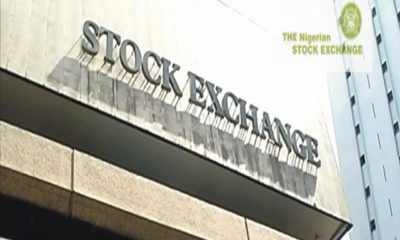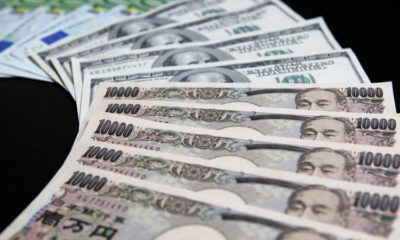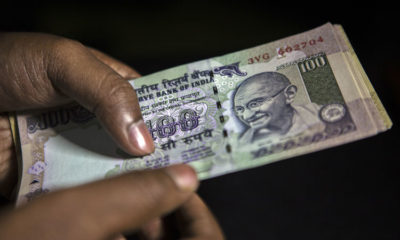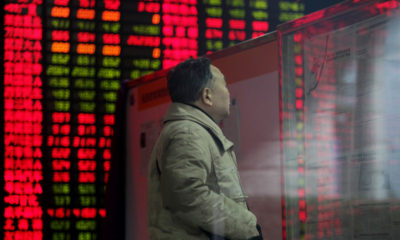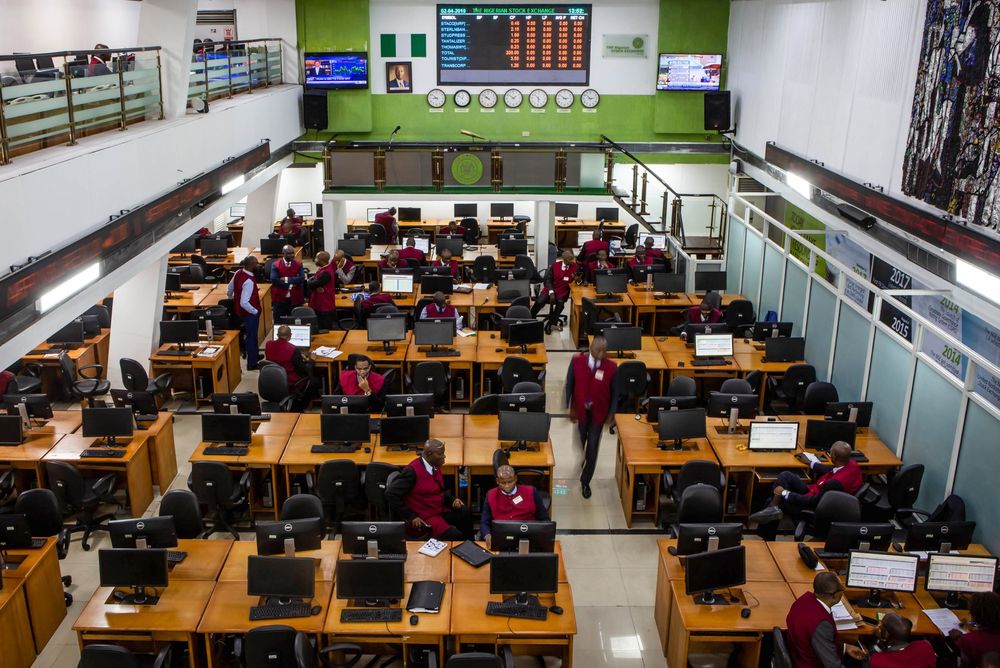After the dating service Bumble made its market debut Thursday, CNBC’s Jim Cramer compared its business performance to its main rival, Match Group, and offered his recommendations on their stocks.
Bumble, which came public with much fanfare to rally more than 63% on its first day, includes the Europe-based Badoo dating site in its umbrella. Match Group, which was spun off last summer from media holding company IAC, has a larger portfolio that includes Tinder, Hinge and OkCupid, among other connection services.
Their businesses, however, should serve different purposes for investors, Cramer said.
“They’re both great companies. I think they’ll have tremendous numbers in the second half, they just fill different roles in your portfolio,” he said on “Mad Money.”
Bumble, which was launched in 2014 by Whitney Wolfe Herd, was priced at $43 before it began trading under the ticker symbol “BMBL.” It held a $13 billion market value at the close with a share price of $70.31. Match Group commanded a market cap of $45.8 billion at the close.
Bumble is the faster grower of the two competitors, based on figures in its S-1 filing. In 2019, the company said total revenues were $488.9 million, up nearly 36% from $360.1 million in 2018. As for the pandemic-plagued year of 2020, Bumble reported total revenues of $416.6 million through the first nine months ending Sept. 30, $40 million of which it said was generated between Jan. 1 and Jan. 28.
When compared with same nine months in 2019, when total revenues came in at $362.6 million, Bumble saw its business grow 15% amid the pandemic.
As for Match Group, the company posted full-year 2020 total revenues of $2.4 billion, which was up 17% from 2019. Its revenues grew 19% in 2019 from 2018, Cramer noted.
“If you’re a growth-oriented investor, Bumble’s the way to go,” Cramer said. “Even after today’s incredible run, it’s the superior growth stock.”
Bumble has a much smaller reach than Match. In its prospectus, Bumble said it had 42 million monthly average users in the third quarter and 2.4 million paying users through September of last year.
Match reported having almost 11 million average subscribers in the fourth quarter of 2020, representing a 12% year-over-year improvement.
Bumble and Match executives are hoping to continue expanding their online dating businesses, with the former building products for platonic matchmaking and networking services.
A key difference between the enterprises is that Match is profitable, while Bumble is still a money-losing enterprise with margins that are improving, Cramer highlighted.
“If you’ve got a more cautious approach to the market and you still want an online dating stock, Match is the way to go,” Cramer said.
Match shares, which closed at a record $172.13 Thursday, are trading at 16 times this year’s sales estimates, a valuation that Cramer said was far too cheap for a company with 17% growth.
Based on FactSet estimates, Match is projected to produce sales of $2.8 billion this year and $3.31 billion in 2022.
“People are paying up [for Match] because they expect the numbers to explode once we reopen,” Cramer said.
Bumble is selling for 17 times sales, he added. The company is forecast to record full-year 2020 sales of $580 million, $723 million in the current year and $897 million in 2022, according to FactSet figures.
“In other words, they look very similar on a price-to-sales basis, even though Bumble’s growing twice as fast as Match,” he said.
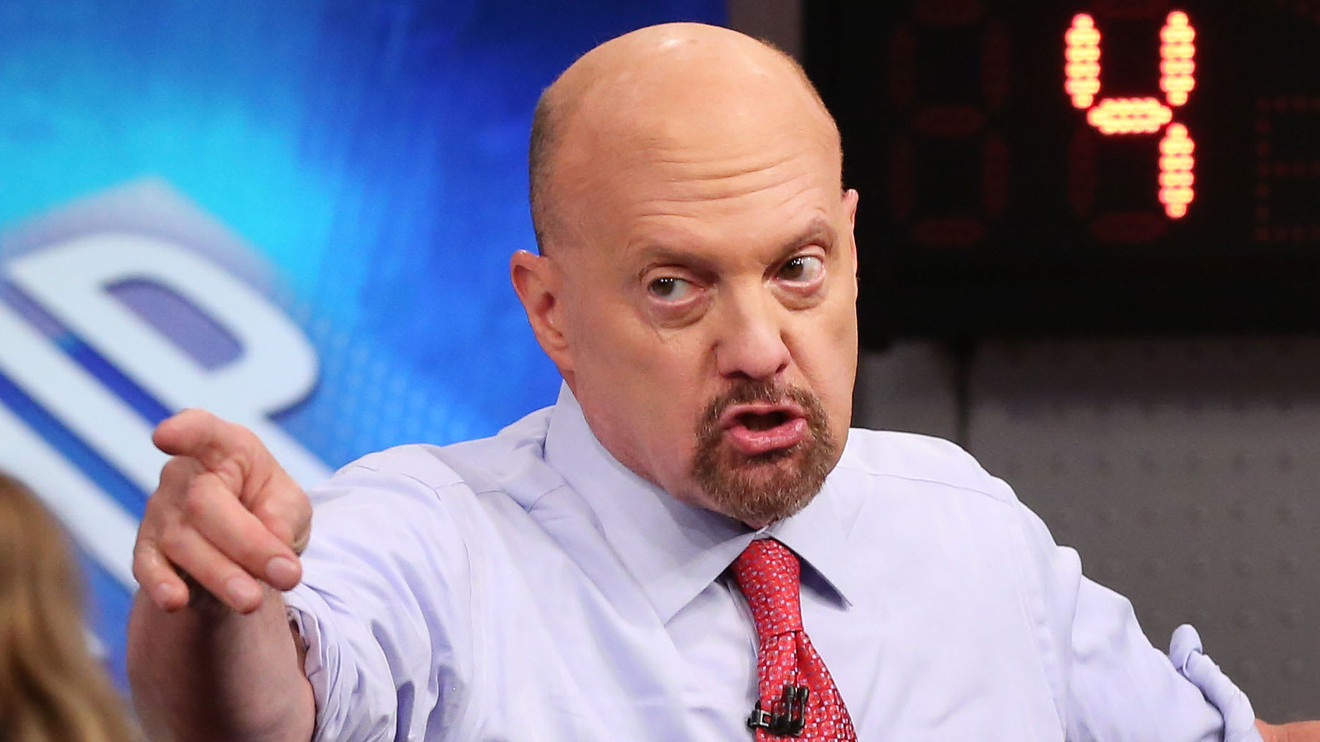

 Forex3 weeks ago
Forex3 weeks ago


 Naira2 weeks ago
Naira2 weeks ago
 Billionaire Watch2 weeks ago
Billionaire Watch2 weeks ago




 Naira2 weeks ago
Naira2 weeks ago




 Naira2 weeks ago
Naira2 weeks ago




 Naira1 week ago
Naira1 week ago




 Naira4 weeks ago
Naira4 weeks ago




 Naira3 weeks ago
Naira3 weeks ago

